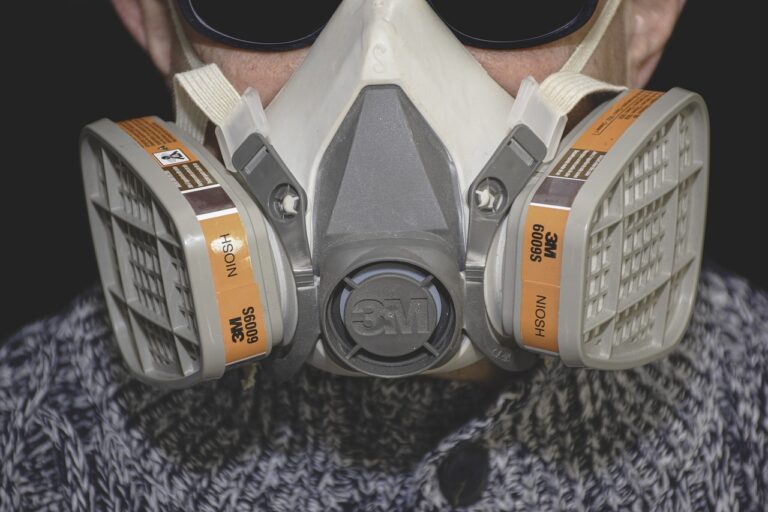Disability Rights in the Criminal Justice System: Ensuring Fair Treatment and Support
betbook247 app, radhe exchange new id, play11bet: Disability Rights in the Criminal Justice System: Ensuring Fair Treatment and Support
In the criminal justice system, individuals with disabilities often face unique challenges and barriers that can impact their ability to receive fair treatment. From accessing legal representation to navigating court proceedings, it is crucial that steps are taken to ensure that individuals with disabilities are supported and afforded their rights throughout the criminal justice process.
1. Understanding Disability Rights in the Criminal Justice System
Individuals with disabilities are entitled to the same rights and protections under the law as any other individual. This includes the right to due process, legal representation, and access to accommodations that will enable them to fully participate in the legal proceedings.
2. Challenges Faced by Individuals with Disabilities
Despite these rights, individuals with disabilities often face significant challenges when navigating the criminal justice system. These challenges can include communication barriers, lack of access to accommodations, and discrimination based on their disability.
3. Access to Legal Representation
One of the key challenges faced by individuals with disabilities is access to legal representation. It is essential that individuals with disabilities have access to qualified attorneys who can advocate on their behalf and ensure that their rights are protected throughout the legal process.
4. Navigating Court Proceedings
Individuals with disabilities may also face challenges when navigating court proceedings. This can include difficulties understanding the legal process, communication barriers with court staff, and lack of access to accommodations such as sign language interpreters or assistive technology.
5. Ensuring Fair Treatment
To ensure fair treatment for individuals with disabilities in the criminal justice system, it is essential that steps are taken to address these challenges and provide support where needed. This can include training for court staff on disability rights, providing access to accommodations, and ensuring that individuals with disabilities are able to fully participate in the legal proceedings.
6. Support Services for Individuals with Disabilities
In addition to legal representation, individuals with disabilities may also benefit from support services to help them navigate the criminal justice system. This can include access to advocates, mental health services, and other resources that can assist them in understanding their rights and options.
7. Ensuring Accessibility
Another crucial aspect of ensuring fair treatment for individuals with disabilities in the criminal justice system is ensuring accessibility. This can include physical access to court buildings, communication access, and access to accommodations that will enable individuals with disabilities to fully participate in the legal process.
8. Training for Criminal Justice Professionals
Training for criminal justice professionals is essential to ensuring that individuals with disabilities are treated fairly and their rights are protected. This can include training on disability rights, communication strategies, and best practices for serving individuals with disabilities in the criminal justice system.
9. Building Inclusive Practices
Building inclusive practices within the criminal justice system is essential to ensuring that individuals with disabilities receive fair treatment and support. This can include developing policies and procedures that prioritize accessibility, providing resources for individuals with disabilities, and fostering a culture of inclusion within the criminal justice system.
10. FAQs
Q: What rights do individuals with disabilities have in the criminal justice system?
A: Individuals with disabilities have the right to due process, legal representation, and access to accommodations that will enable them to fully participate in the legal proceedings.
Q: What challenges do individuals with disabilities face in the criminal justice system?
A: Individuals with disabilities may face challenges such as lack of access to legal representation, communication barriers, and discrimination based on their disability.
Q: How can the criminal justice system ensure fair treatment for individuals with disabilities?
A: The criminal justice system can ensure fair treatment for individuals with disabilities by providing access to legal representation, support services, ensuring accessibility, training for criminal justice professionals, and building inclusive practices.
In conclusion, individuals with disabilities deserve the same rights and protections in the criminal justice system as any other individual. By addressing the unique challenges faced by individuals with disabilities and providing support where needed, we can ensure that all individuals are treated fairly and have access to justice. It is essential that steps are taken to prioritize accessibility, provide support services, and build inclusive practices within the criminal justice system to ensure that individuals with disabilities receive the fair treatment and support they deserve.







